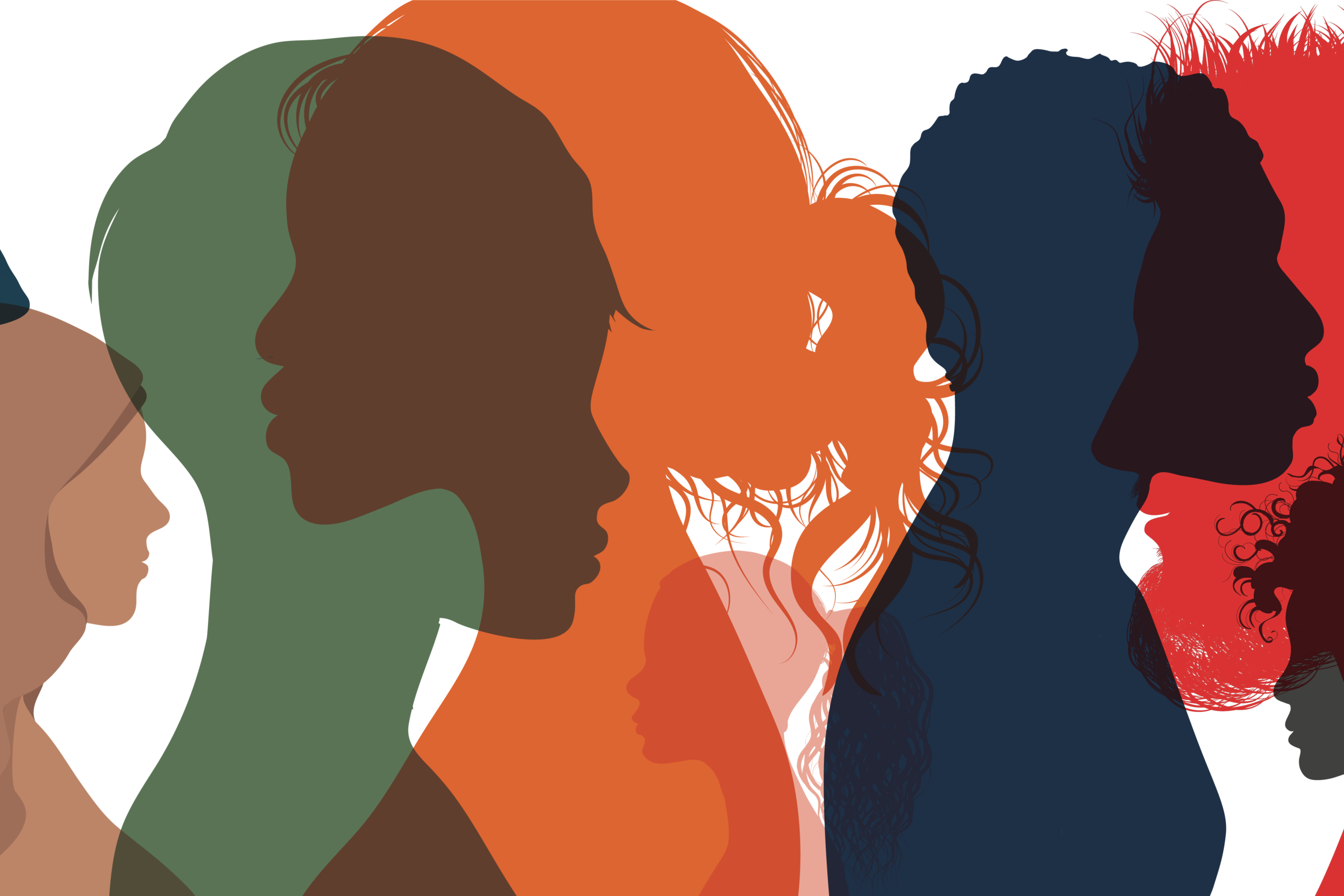
The collective moment we are living through has shaken us to our very core, and many of us are searching for justice and spiritual grounding. Some key community leaders of color in religiously-defined spaces exemplify how to bring these intentions to their respective communities, and how the wisdom of their faith guides them.
In late July 2020, the Inclusive America Project, a project of The Aspen Institute, hosted a virtual webinar titled “Race and Religion: Cultivating Anti-Racist Faith Communities.” The speakers were those involved in leadership roles that work towards racial justice in religious settings, or communities who are delineated by religion. The thoughtful speakers included Angel Alvarez-Mapp, our Director of Programs and Operations here at the Jews of Color Initiative, Rev. April G. Johnson, a Minister of Reconciliation with the Disciples of Christ Church, Venerable Dr. Pannavati, the Co-Founder and Co-Abbot of Embracing-Simplicity Hermitage and Heartwood Refuge, and Zeenat Rahman, the Director of Inclusive America Project and the webinar facilitator.
Spanning a variety of religious backgrounds, the speakers discussed not only how racism rears its head in their communities, but also how faith traditions can offer road maps for advancing racial justice. Multiple speakers referenced a call to see all people as made in the image of God. Angel Alvarez-Mapp of the JoCI began by explaining this tradition in Judaism.
“In Judaism, we constantly talk about humans being created b’tzelem Elohim, in God’s image…the piece that I always love the most is that it helps you understand that there is a moral attribute to that…the idea that we should act with mercy, with love, and with justice, and that’s sort of what propels me forward…no one individual, no one type of individual can be better or worse than somebody else. We’re all essentially in this boat together.”
Although Alvarez-Mapp knows first-hand that unfortunately this moral call of seeing each other as b’tzelem Elohim is not always played out in everyday Jewish life, he believes that Judaism provides the framework for dismantling the hierarchies that have been forced upon us.
Multiple speakers touched on how faith traditions should guide us to do deep, honest work individually and in community to tackle the beast of racism. Venerable Dr. Pannavati emphasized, “You can’t just say ‘love your fellow man,’ and we say, ‘oh okay so now we love everybody.’ …There is some internal looking, a deep looking, that we have to begin with and really being honest,” she said. She reminded listeners that this work can and must be done in community, and that it is essential to acknowledge how racism plays out among us. “When we’re ready to own it, we can begin to make progress,” she affirmed.
Pannavati’s call for white people to own how they benefit from and participate in an unequal system is a bracing reminder that white folks cannot begin anti-racist work from a place of dishonesty or lack of genuine acknowledgement of their own role in the epic play of structural racism.
Simultaneously, Pannavati’s faith models for her how to redirect anger away from the person causing harm or acting out of ignorance. She explained how Buddha teaches to direct your anger at the ignorant act not the person, to go from a hating mind to an understanding mind. Pannavati described how “shifting our hatred from the person to the ignorant act” can open space for progress and possibilities. Pannavati’s faith tradition enables her to reframe her relationship to others’ problematic worldviews and actions without suppressing the very real anger that one experiences as a person of color in a white supremacist social system.
Describing how her own faith traditions inspire her to manage the unique combination of hope and despair that arise from surviving as a woman of color in a racist society, Reverend April G. Johnson turned to the story of God pulling David out of a desolate pit and placing his feet on a solid rock. “A desolate pit—which is what racism is, particularly as a woman of color who does this work, it can be a desolate place sometimes.”
Johnson discussed how, despite this desolation, the power and beauty in resistance that she is witnessing in these times is shifting her ability to hope for a more just future and revealing a new understanding of the Divine. “I don’t want to say that [an end to racism is] not gonna happen in my lifetime because I never knew that I would see children in lawn chairs at protests holding Black Lives Matter signs in my lifetime. So, I’m not sure what’s gonna happen in my lifetime because this is definitely a Divine moment,” Johnson proclaimed. Johnson has faith in her ability to feel that she, just like David, is on that solid rock, even in the most desolate of places.
Watch the full webinar, which has over 1,090 views, here.
